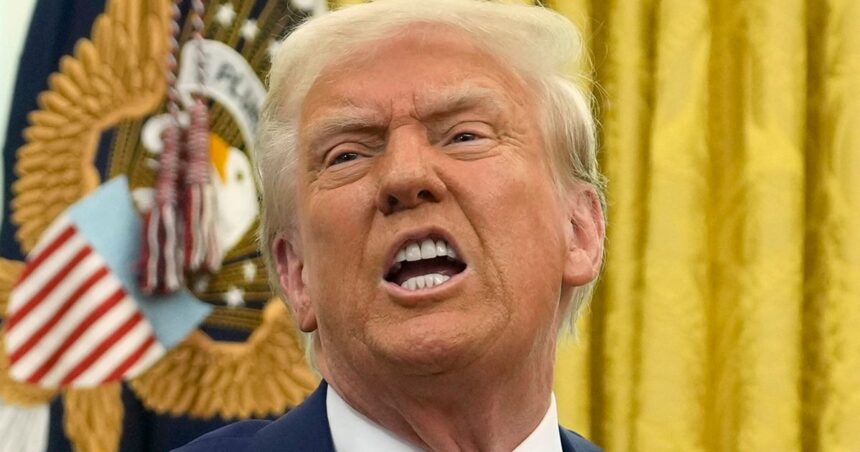CNN senior legal analyst Elie Honig has strongly criticized the U.S. Department of Justice for dropping corruption charges against New York City Mayor Eric Adams. The decision, made under Attorney General Pam Bondi and acting Deputy Attorney General Emil Bove, has raised serious concerns about political influence in the justice system.
In a recent article for New York magazine’s Intelligencer, Honig described the situation as an “existential crisis for the Justice Department.” He pointed out that Bove’s directive to dismiss the charges against Adams led to resignations from key federal prosecutors, with one accusing the decision of being a “quid pro quo.”
Adams was initially indicted on allegations of accepting bribes and illegal campaign contributions. However, his close ties with former President Trump, particularly in working together on immigration issues, have raised suspicions that the DOJ’s decision was a reward for his loyalty.
Bove justified his directive by stating that dropping the case would allow Adams to continue supporting the Trump administration’s immigration policies. Honig criticized this reasoning, condemning the lack of principles and self-awareness displayed by everyone involved.
The legal analyst also took aim at Bondi, the new Attorney General of the United States, for her apparent detachment from the case. He questioned Bondi’s lack of awareness and accountability, highlighting her dismissive responses when questioned about the delay in dropping the charges against Adams.
Honig, drawing from his experience as a former assistant U.S. attorney, expressed concern over the dangerous precedent set by Bondi and Bove. He warned against the practice of basing prosecution decisions on the political affiliations of the individuals involved, emphasizing the potential consequences of such actions.
Overall, the decision to drop corruption charges against Mayor Eric Adams has sparked controversy and raised serious questions about the integrity of the justice system. Honig’s critique serves as a reminder of the importance of maintaining independence and fairness in legal proceedings.








